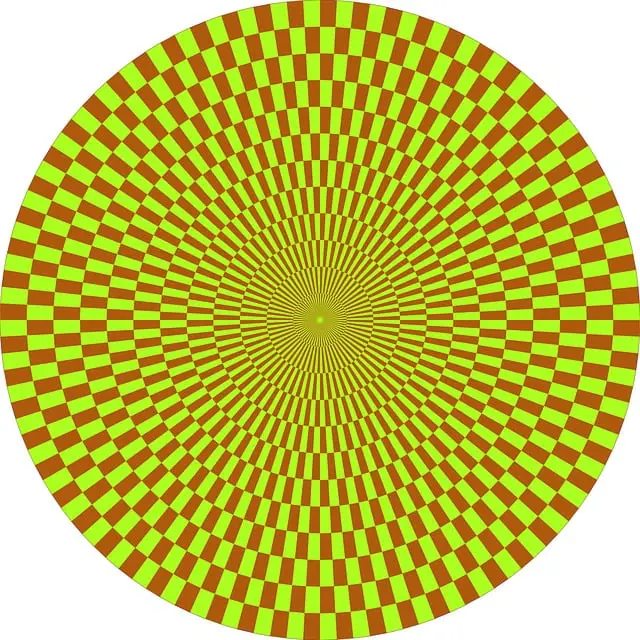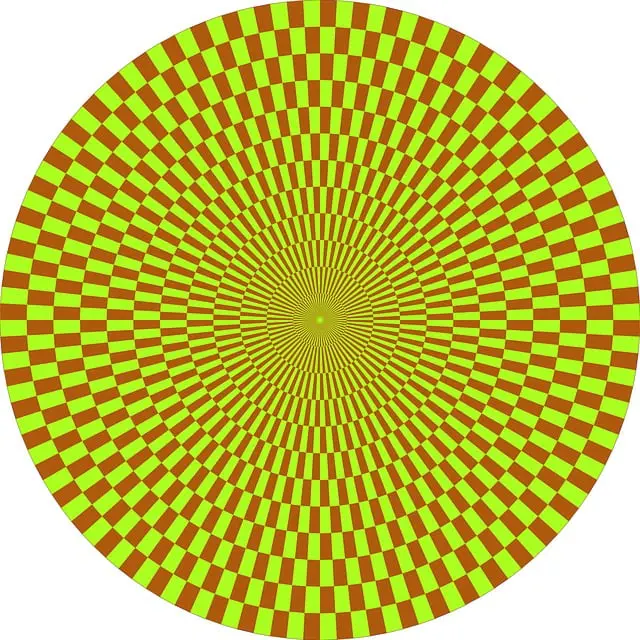Hormonal balance is crucial for mood regulation, with the endocrine system regulating hormones that significantly impact emotional well-being. Stress and neurotransmitter-related hormones like cortisol, serotonin, and dopamine play key roles in this delicate process. Imbalances can lead to mood disorders such as anxiety and depression. In this context, natural substances like Kratom, sourced from the Mitragyna speciosa tree, have garnered attention for their potential in aiding mood regulation, particularly as an alternative to traditional antidepressants for those with depression. Research suggests that Kratom's alkaloids might influence mood-regulating receptors in the brain, offering a possible avenue for relief from depressive symptoms. However, the use of Kratom should be approached with caution due to its complex interactions with individual biochemistry and variable effects among users. The scientific community is actively researching Kratom's efficacy and safety as a treatment option for depression, highlighting the need for further studies. A holistic approach to managing depressive disorders may include Kratom alongside traditional treatments, lifestyle modifications, and other complementary therapies, but always under medical supervision due to potential interactions and side effects. Regular psychological evaluations, proper nutrition, physical exercise, and stress management are also vital components of a balanced depression care plan.
Hormone regulation plays a pivotal role in maintaining mental well-being, particularly in modulating mood. This article delves into the complex interplay between hormonal balance and emotional states, shedding light on how disruptions can lead to depressive disorders. A significant focus is on Kratom for depression, exploring its potential as a natural modulator of these critical chemicals within the body. We will examine the scientific evidence supporting Kratom’s role in alleviating symptoms associated with depressive conditions and discuss how it can be integrated into a broader holistic approach to manage these disorders effectively. Understanding this synergy is crucial for those seeking alternative therapies that align with natural health philosophies.
- Understanding Hormone Regulation and Its Impact on Mood
- The Role of Kratom in Modulating Hormones and Alleviating Depression Symptoms
- Integrating Kratom into a Holistic Approach for Managing Depressive Disorders
Understanding Hormone Regulation and Its Impact on Mood

Hormone regulation is a complex interplay that significantly influences mood and emotional well-being. The body’s endocrine system, responsible for producing hormones, must maintain a delicate balance; deviations can lead to mood disturbances. For instance, fluctuations in cortisol, the body’s primary stress hormone, can exacerbate feelings of anxiety or depression. Similarly, imbalances in neurotransmitter-related hormones like serotonin and dopamine, which are crucial for regulating mood, can also affect one’s emotional state.
In this context, natural substances like Kratom have garnered attention for their potential impact on mood regulation. Kratom, derived from the leaves of the Mitragyna speciosa tree, contains alkaloids that may interact with the brain’s receptors for various neurotransmitters, including those responsible for mood regulation. Research suggests that Kratom for depression might offer relief due to its influence on these receptors. Users report a sense of well-being and reduced symptoms of depression when using Kratom, though scientific evidence is still emerging, and it’s essential to approach such remedies with caution and under professional guidance. As with any supplement or medication, individual responses to Kratom can vary significantly, and it’s critical to consider how it interacts with one’s unique biochemistry and existing health conditions.
The Role of Kratom in Modulating Hormones and Alleviating Depression Symptoms

Mitragyna speciosa, commonly known as kratom, has garnered attention in natural health circles for its potential impact on hormone balance and mood regulation. Kratom contains a host of alkaloids, with mitragynine and 7-hydroxymitragynine being the most prevalent, which are believed to interact with neurotransmitter receptors in a manner similar to opioids, yet with distinct pharmacological properties. This interaction can influence hormone levels and neural pathways associated with mood, potentially alleviating symptoms of depression. Studies suggest that kratom may enhance dopamine and serotonin activity, key neurotransmitters linked to feelings of well-being and happiness. By modulating these hormones and neurotransmitters, kratom for depression could provide relief from depressive symptoms without the side effects associated with traditional antidepressant medications. It’s important to approach the use of kratom with caution, as it can have significant effects on the body and mind, and its legal status varies by region. Users considering kratom as a supplementary approach for depression management should consult healthcare professionals to ensure safe and effective use within the context of an overall treatment plan.
Integrating Kratom into a Holistic Approach for Managing Depressive Disorders

mitigating the challenges associated with depressive disorders often involves a multifaceted approach that encompasses various therapeutic modalities, lifestyle adjustments, and in some cases, natural supplementation. Kratom, derived from the leaves of Mitragyna speciosa, has garnered attention for its potential role in managing symptoms of depression. Proponents suggest that specific strains of Kratom can influence neurotransmitter levels within the brain, offering a modulatory effect on mood regulation. For individuals exploring alternative treatments to traditional antidepressants, incorporating Kratom into a holistic wellness plan may provide symptom relief and improved quality of life. However, it is imperative to approach this integration with caution, as the efficacy and safety profiles of Kratom are still under scientific scrutiny. Medical supervision is crucial when considering Kratom for depression, as it can interact with other medications and may have adverse effects. A holistic strategy that integrates Kratom should also include regular psychological assessments, nutritional considerations, physical activity, and stress management techniques to ensure a comprehensive approach to mental health care.
Hormone regulation plays a pivotal role in influencing mood and overall mental health. The intricate interplay between hormones and their impact on emotional well-being underscores the importance of a nuanced approach to managing depressive disorders. Kratom, an increasingly recognized herbal supplement, emerges as a promising adjunct in holistic treatment plans for depression due to its modulating effects on hormonal balance. As evidenced by current research and anecdotal reports, integrating Kratom for depression into therapeutic regimens may offer significant relief from symptoms, warranting further clinical investigation. This comprehensive review highlights the potential of Kratom as a valuable tool in the multifaceted strategy against depressive conditions, with a call to action for more definitive studies to elucidate its full scope of efficacy and safety.






